
Strict food rules can be a real drag, but some foods can truly mess with your health over time. What we eat affects everything from our heart and brain to how long we live. Eating something unhealthy once won’t instantly make you sick, but there are certain foods you should try to avoid when you can. Here are 15 foods in your kitchen that might be causing long-term health problems.
Processed Meats

Bacon, sausages, and deli meats might be a breakfast staple, but they contain nitrates and nitrites, which, when digested, can form carcinogens. The World Health Organization (WHO) has determined that just 50 grams of processed meat a day—about two slices of bacon—can increase the risk of colorectal cancer by 18%. Plus, they’re packed with sodium, which is a risk for high blood pressure.
Sugary Drinks
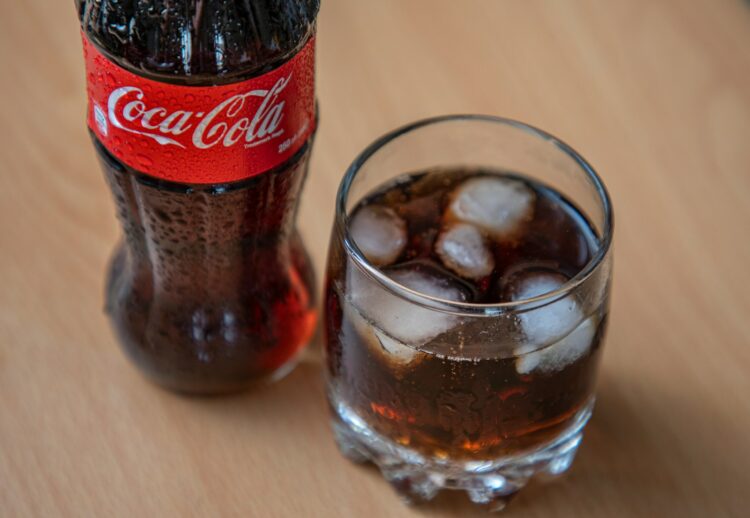
That can of soda or sugary juice in your kitchen contains a shocking amount of sugar—one can of cola, for example, packs about 10 teaspoons. That’s more than the American Heart Association recommends for a whole day. Drinking just one of these drinks a day can raise the chance of getting type 2 diabetes by 26%, as per studies. It’s no wonder these drinks are often called “liquid candy.”
Refined Grains

White bread, pasta, and rice are super popular, but they’re made from refined grains that have been stripped of nutrients and fiber. This causes a spike in blood sugar, contributing to weight gain and type 2 diabetes. Did you know refined grains can increase your blood sugar as fast as candy? Whole grains are better for avoiding this rollercoaster effect.
Margarine

Once seen as a heart-healthy alternative to butter, margarine is often loaded with trans fats, which are now known to be harmful. However, many manufacturers have removed trans fats following health concerns. Still, some margarine products may contain other unhealthy fats.
Microwave Popcorn

It’s a convenient snack for movie nights, but microwave popcorn bags have nasty chemicals like PFCs that can seep into the food. These chemicals are related to kidney disease and even certain cancers. In fact, popcorn factory workers exposed to these chemicals developed a severe lung condition—talk about a danger hiding in plain sight.
Canned Foods
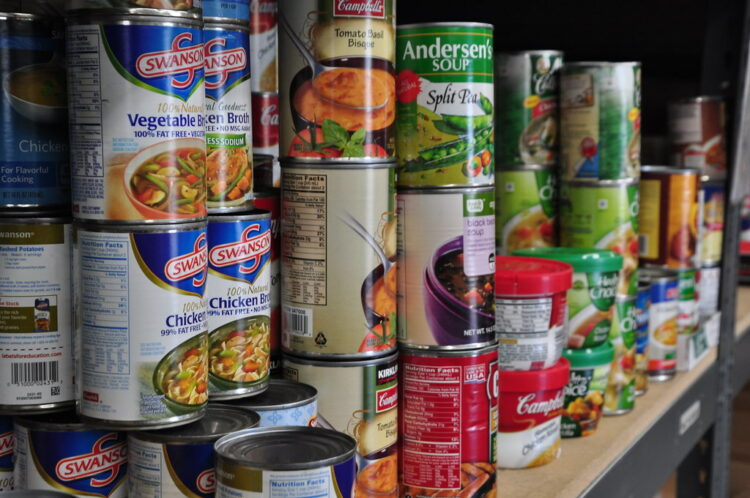
Many canned goods contain bisphenol A (BPA), a chemical used in can linings. BPA is known to cause hormone disruption and, in some cases, it’sis even related to cancer. Surprisingly, BPA was once used as an artificial estrogen before it was found in plastics and can linings. Some companies have moved toward BPA-free linings, but many still use this toxic chemical.
Artificial Sweeteners
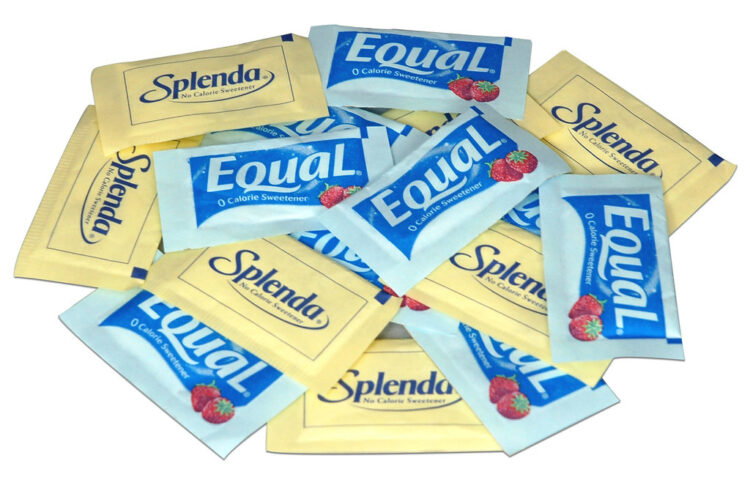
Artificial sweeteners like aspartame and sucralose are widely used as low-calorie alternatives to sugar, but emerging research raises concerns about their long-term health effects. While they are marketed as safe for weight management, these sweeteners may actually disrupt metabolism by tricking the body into expecting a calorie intake that never arrives. They may increase cravings for sugary foods, disrupt metabolism, and lead to weight gain.
Fried Foods

Those crispy fries and fried chicken may taste great, but they’re cooked in oils that can form harmful trans fats and chemicals like acrylamide. Eating fried foods has been shown to increase the risk of heart disease by almost 50%. And that acrylamide, found in fried potatoes, is also used in industrial processes—like making plastics.
Instant Noodles
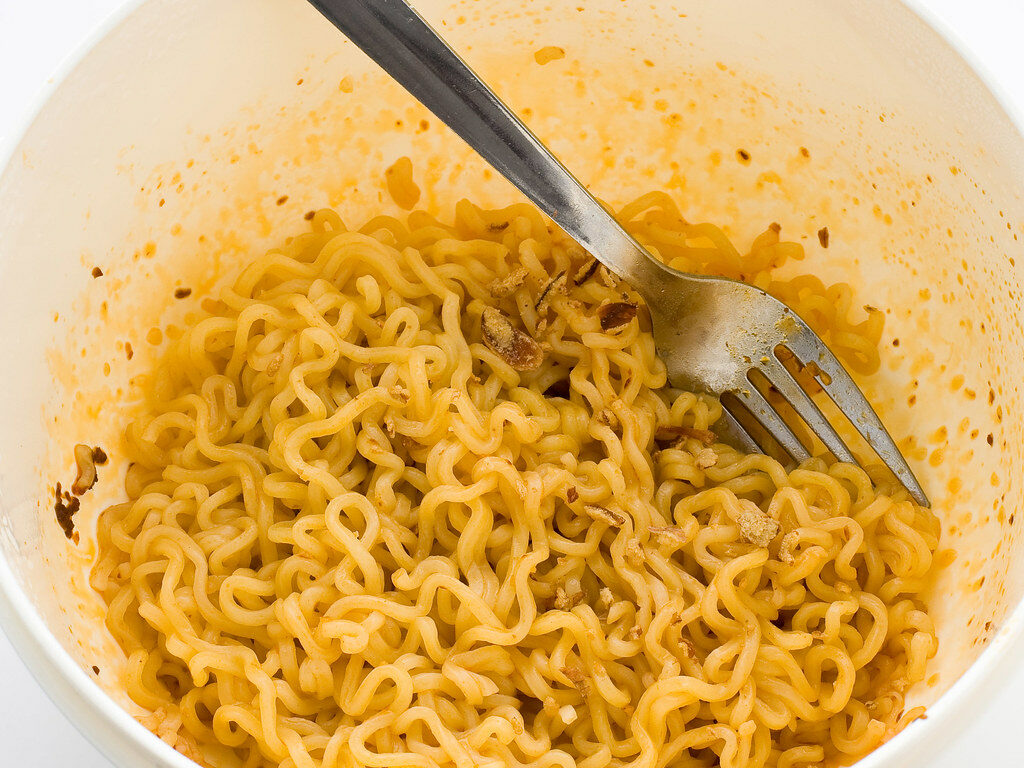
Quick and easy, but instant noodles are loaded with sodium and preservatives. Eating them more than twice a week is linked to a higher chance of metabolic syndrome, which includes high blood pressure and high cholesterol. In fact, the sodium content in a single serving of instant noodles is often higher than what’s recommended for an entire day.
Condiments (Ketchup, Soy Sauce, etc.)
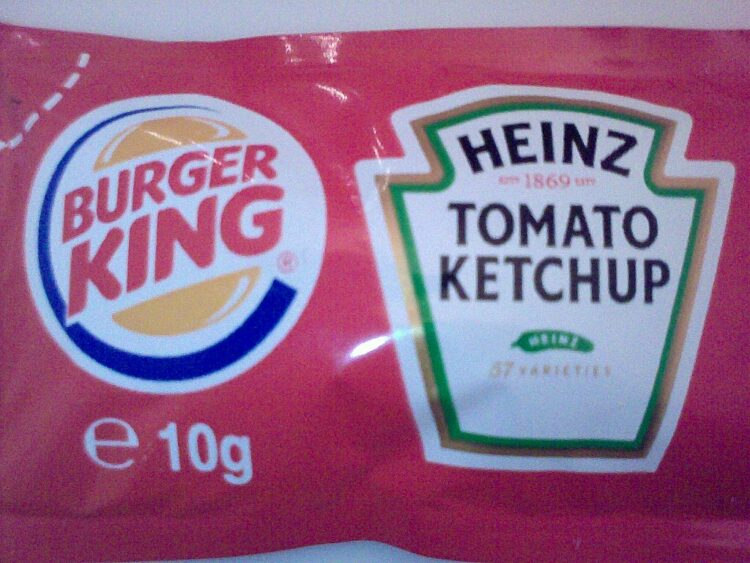
A small serving of your favorite condiments can pack a surprising punch. For example—just one tablespoon of ketchup contains about one teaspoon of sugar. Over time, regular use of high-sugar or high-sodium condiments like soy sauce can lead to weight gain or high blood pressure. Soy sauce, in particular, has about 40% of your day-to-day sodium intake in just one tablespoon.
Processed Cheese

That slice of processed cheese might melt perfectly on your burger, but it’s filled with artificial ingredients and nasty preservatives. Processed cheese is high in sodium and saturated fats, raising cholesterol levels and heart disease risk. Interestingly, processed cheese was originally developed to prevent cheese from spoiling during shipping—now it’s more of a health hazard than a convenience!
Packaged Snacks
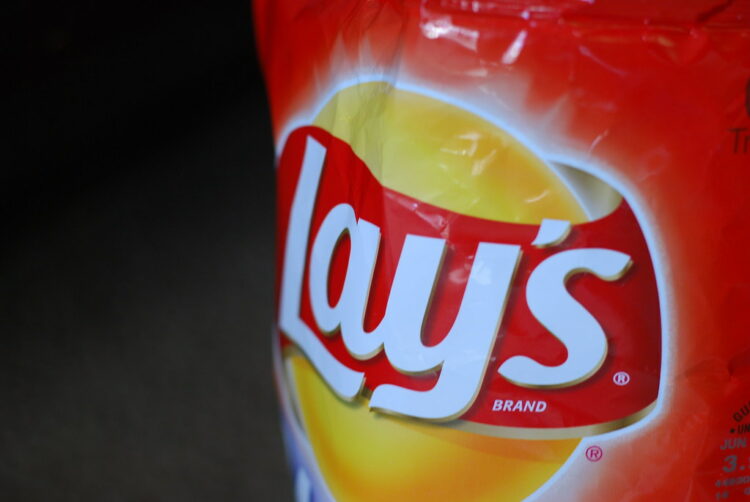
Chips and crackers are easy to munch on but are typically high in unhealthy fats and sodium. A diet filled with processed snacks can lead to chronic inflammation and a raised risk of heart disease. Did you know the average person eats about 6 pounds of chips yearly? All that snacking adds up in ways you might not notice—until it’s too late.
Frozen Meals
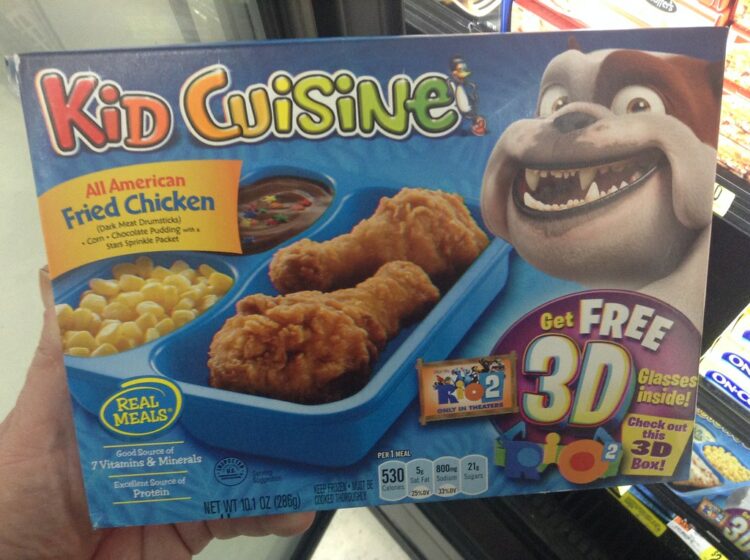
Frozen dinners are a lifesaver on those lazy days when cooking feels too much, but they’re loaded with sodium and preservatives. In fact, just one frozen meal can pack in nearly half of your daily sodium limit. They first became popular in the 1950s as “TV dinners,” but now people are worried about how all that salt could impact your heart health in the long run.
Energy Drinks
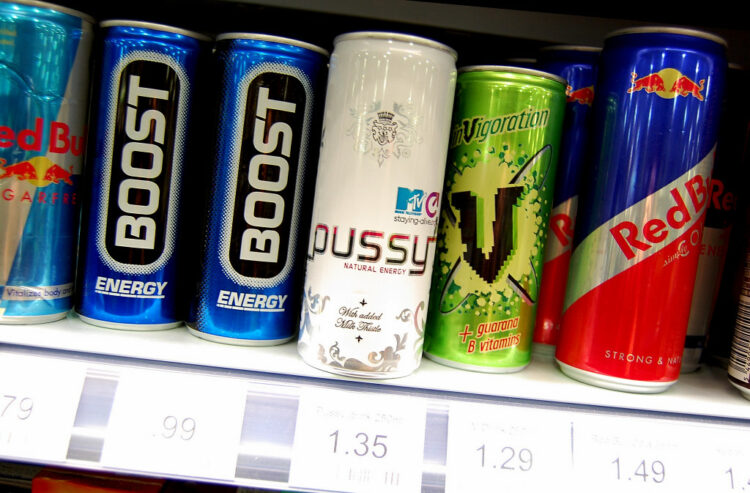
Energy drinks are marketed to give you a boost, but they contain high amounts of caffeine and sugar that can spike your heart rate and blood pressure. Studies show that these drinks can even trigger abnormal heart rhythms—especially in younger adults. Surprisingly, some countries have banned energy drinks because they are risky for your heart.
Sugary Cereals

Those colorful, sugary cereals may seem like a fun breakfast, but they’re often packed with sugar—some have as much as 40% by weight. This causes blood sugar spikes, leading to energy crashes and increased risk of type 2 diabetes. Some cereals have been marketed as “healthy,” yet contain more sugar than a candy bar.

